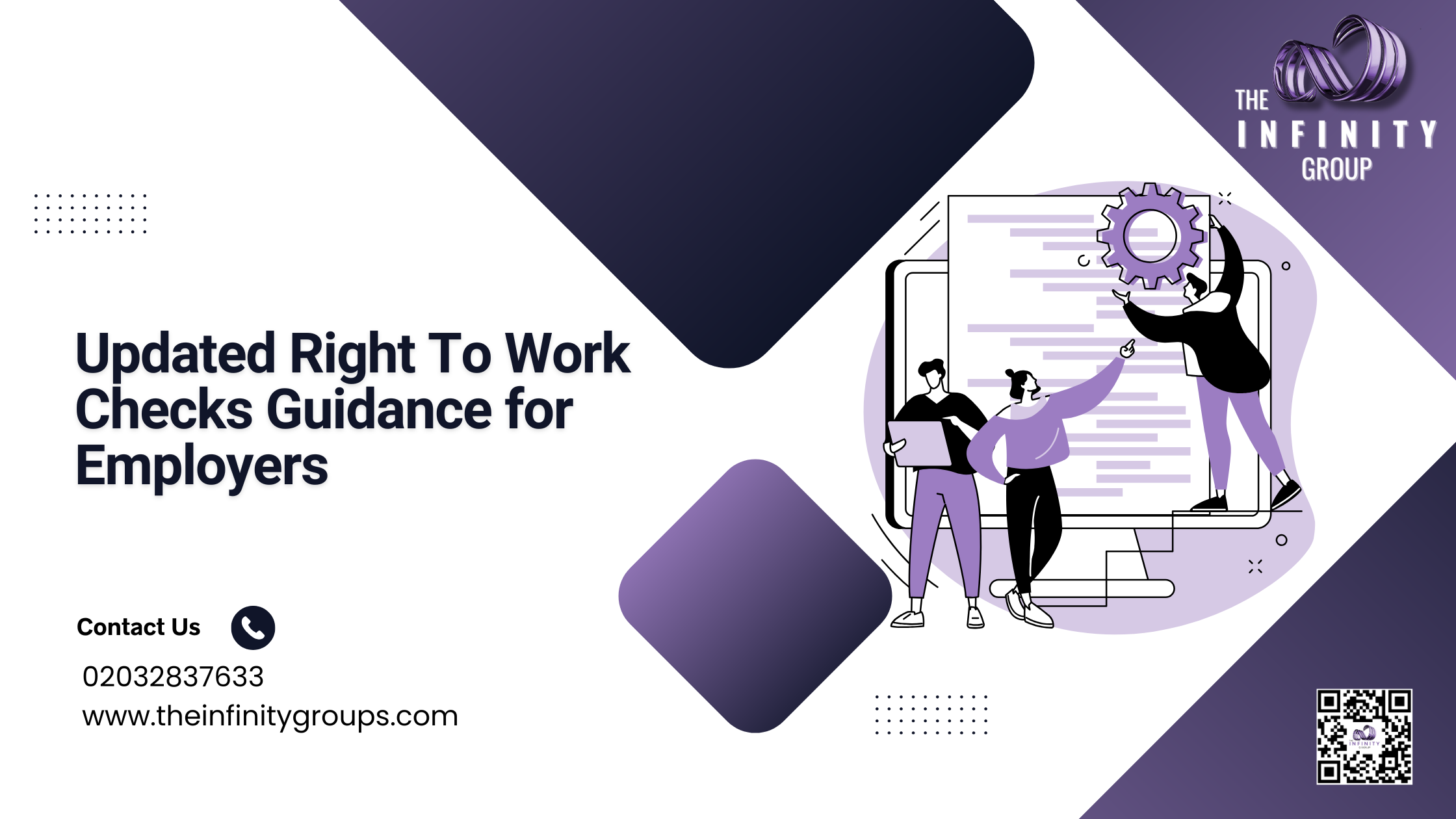The Home Office has recently published updated guidance regarding the Right To Work Checks (RTWC) that UK employers must conduct for all UK-based employees. This guidance is crucial for ensuring that employers comply with legal obligations to prevent illegal working.
Legal Obligations for Employers
All UK employers are legally required to perform RTWCs in a prescribed manner for every UK-based employee. This process verifies that employees have the necessary immigration permission to undertake the specific roles offered or being undertaken. By conducting RTWCs correctly, employers can establish a statutory defence against allegations of non-compliance with illegal working legislation.
Recent Changes in RTWC Guidance
The RTWC regime has undergone numerous revisions in recent years, focusing on different types of checks per worker category and significant increases in fines for employing illegal workers. The latest guidance introduces several important changes for businesses:
- Applicability: The new guidance applies to Right To Work Checks conducted on or after 13 June 2024.
- Supplier Checks: Employers are strongly recommended to ensure that their suppliers of contractors/staff are performing the correct RTW checks. While not yet mandatory, failing to ensure this may impact the ability to establish a statutory defence.
- Self-Employed Workers: Businesses must conduct RTWCs on self-employed individuals to establish a statutory defence.
- Follow-Up Checks: Additional information is provided on when to conduct follow-up checks and specific circumstances requiring further RTWCs, such as:
- When an employee on a time-limited visa submits an extension or switching application.
- Once the extension or switching application is decided.
- Employees granted 3C Leave while an in-time application is pending.
- Reasonable Opportunities: Employers must provide ‘reasonable’ opportunities for employees to present RTW documents, a change from the previous requirement of ‘every’ opportunity.
- Supplementary Employment: The section on Allowed Supplementary Employment has been updated. Supplemental work is no longer restricted to the same sector or SOC Code/Level. It can be at any level and in any sector, but must still be outside the sponsored work and limited to 20 hours per week.
- UKVI Account Creation: The link for UKVI account creation is now open to all, though those with legacy paper documents or refugee status may not yet be able to create an account automatically.
- Employer Liability: There is now express liability for sponsoring employers if they continue employment knowing a sponsored worker is breaching their conditions.
Conclusion
Employers must stay informed about these updates to ensure compliance and avoid substantial fines. Stay ahead of changes and safeguard your operations. Contact The Infinity Group today to learn how we can support you in navigating these complex regulations.

